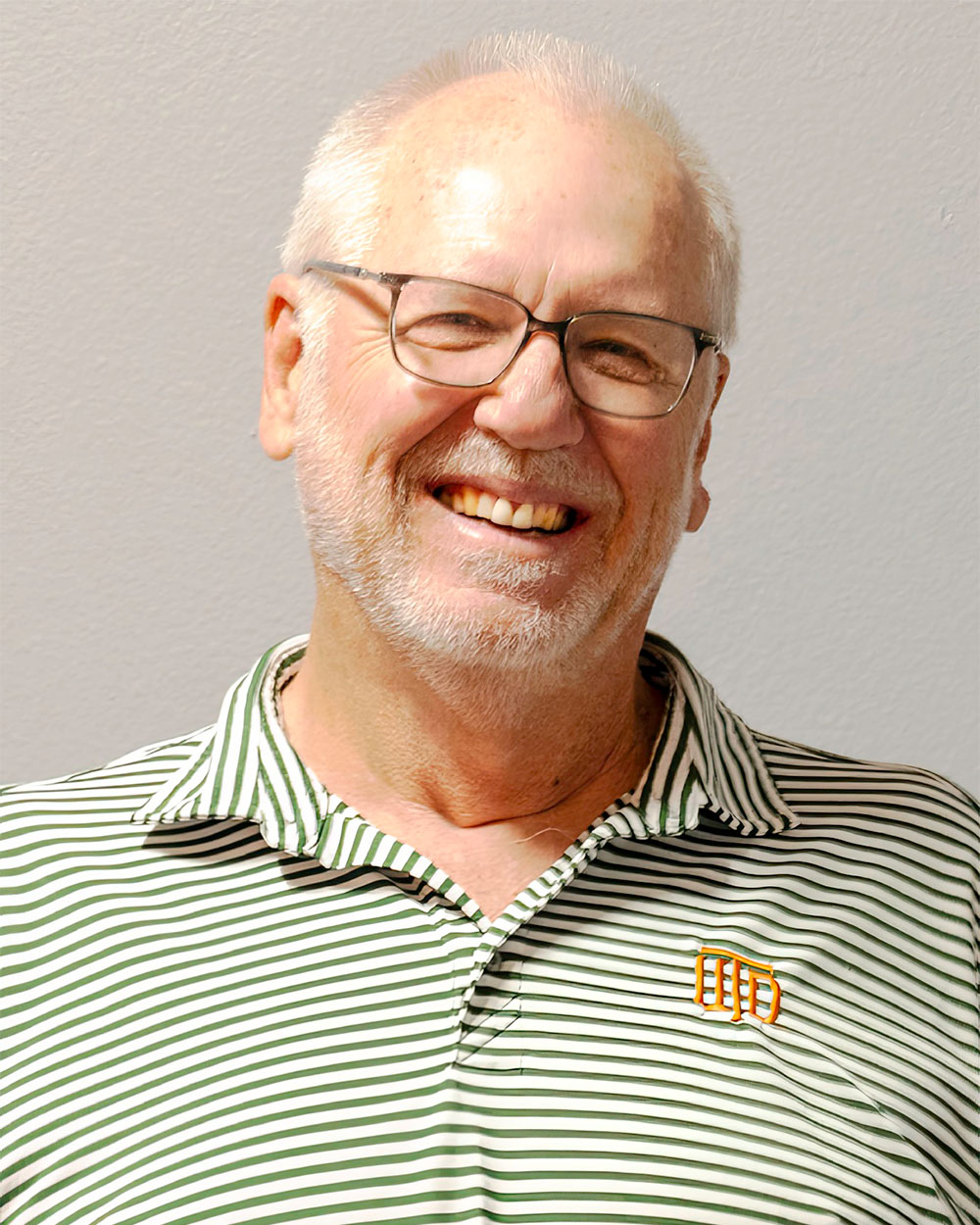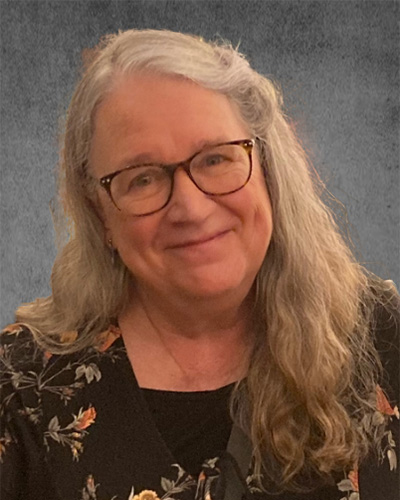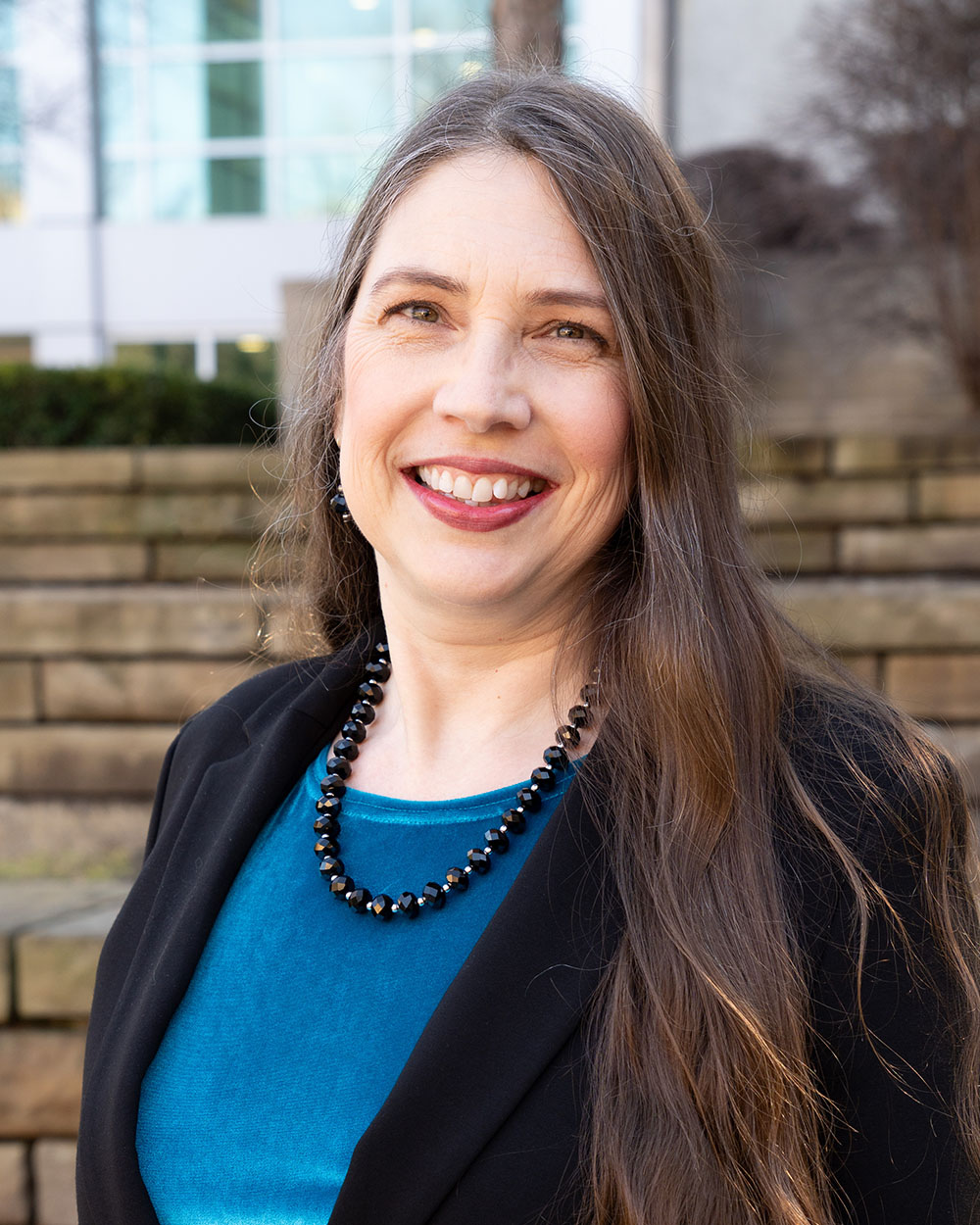Experts To Shine Light on Significance of Upcoming Solar Eclipse
By: Amanda Siegfried | March 15, 2024

The University of Texas at Dallas and The Dallas Morning News have partnered to present a panel discussion on the April 8 total solar eclipse, a once-in-a-lifetime event that will blanket the Dallas-Fort Worth region in darkness at midday for a few short moments.
“The 2024 Solar Eclipse: Perspectives on Safety, Science and Society” will feature UT Dallas faculty members in a discussion moderated by Tom Huang, assistant managing editor for journalism initiatives at The Dallas Morning News. The event, which is free and open to the public but requires registration, will be presented March 26 from 6:30 to 8:30 p.m. in the Edith O’Donnell Arts and Technology Building Lecture Hall on the UT Dallas campus.
On April 8, the moon will pass between the sun and Earth, blotting out the sun and casting a shadow across a very narrow swath spanning the continental U.S. and parts of Mexico and Canada. The Dallas-Fort Worth area will be directly in the path of this total solar eclipse, which will bring up to four minutes of darkness, or totality.

UT Dallas faculty members will talk about the eclipse, how to view it safely, and the scientific and cultural significance of this rare celestial event. Attendees can pick up a complimentary pair of eclipse safety glasses outside the lecture hall and are encouraged to participate in a question-and-answer session after the discussion.
“The last time the Dallas-Fort Worth area experienced a total eclipse of the sun was 1878, and it won’t happen again here for another 300 years,” said Dr. Inga Musselman, UTD provost, vice president for academic affairs, professor of chemistry and the Cecil H. Green Distinguished Chair of Academic Leadership, who will give introductory remarks. “It will be an unforgettable experience, one that is easily accessible by just walking outside and looking up. We’re glad to help inform the public so that all of our neighbors can witness this phenomenon safely and get the most out of this incredible celestial event.”
UT Dallas panelists include:

Phillip Anderson MS’85, PhD’90 is a professor of physics and director of the William B. Hanson Center for Space Sciences in the School of Natural Sciences and Mathematics (NSM). Center researchers have been building spacecraft-based instruments for studying planetary atmospheres for decades. Anderson is an expert on space weather, which includes interactions between the sun and Earth’s atmosphere, and he teaches astronomy. He viewed the 2019 total solar eclipse from Argentina.
Dr. Pamela Gossin is a professor of literature and of the history of science in the Harry W. Bass Jr. School of Arts, Humanities, and Technology. She teaches courses on the history of astronomy and cosmology, including perspectives on the scientific, historical, cultural and artistic significance of astronomical events. She viewed the 2017 total solar eclipse from her home state of Nebraska.
Dr. Mary Urquhart is a planetary scientist and an associate professor and department head of science/mathematics education in NSM. She teaches astronomy and other related courses and directs the UTeach Dallas program, which prepares science and math teachers. A leader in education outreach, she also develops curriculum and leads graduate and continuing education programs for science and math teachers. She viewed the 2017 total solar eclipse from Tennessee.
Follow eclipse coverage at The Dallas Morning News. For safe-viewing tips and other resources, visit the UT Dallas eclipse website.
Media Contact:
Amanda Siegfried, UT Dallas, 972-883-4335, amanda.siegfried@utdallas.edu, or the Office of Media Relations, UT Dallas, (972) 883-2155, newscenter@utdallas.edu.





